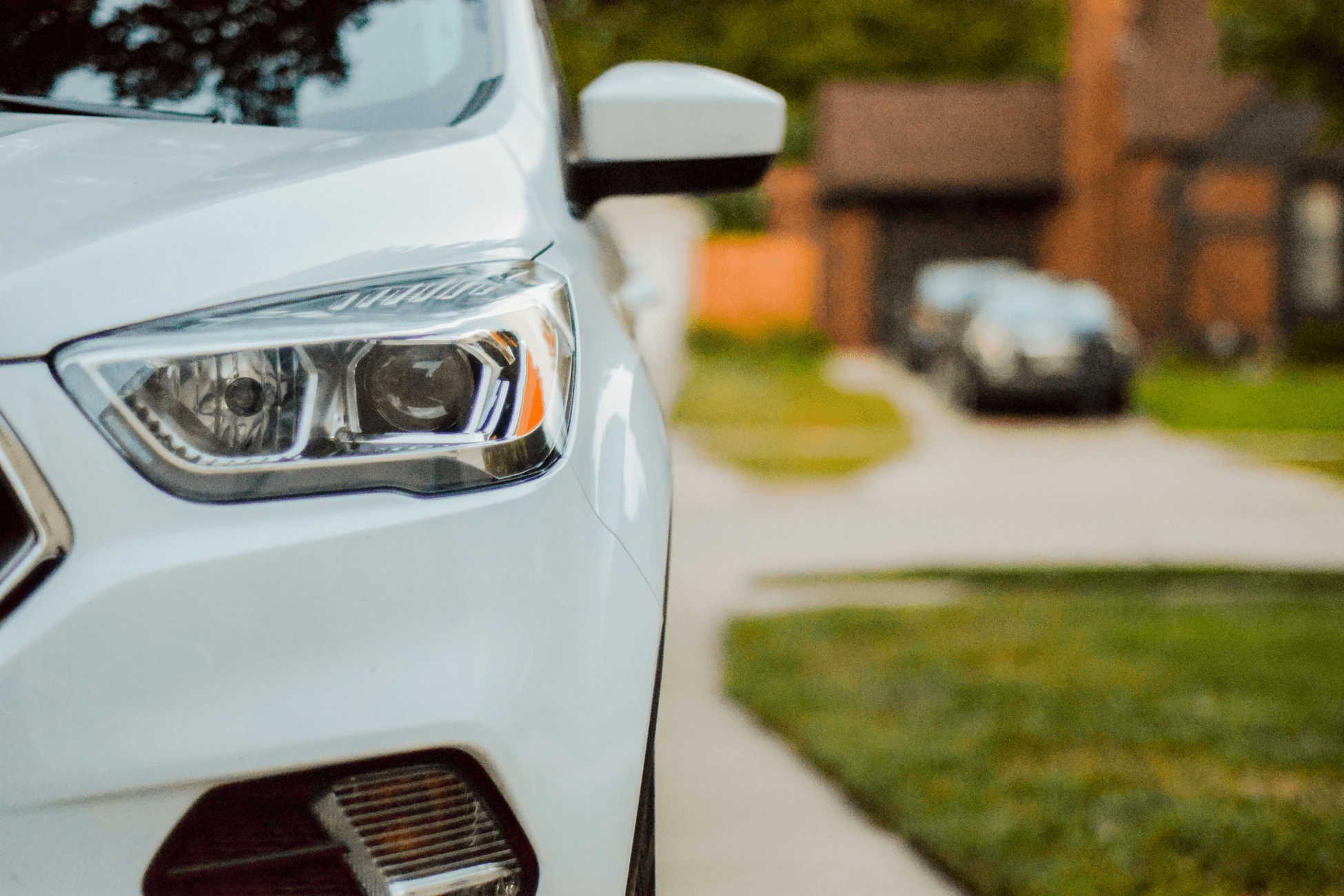There are advantages and disadvantages to owning an older vehicle, a lot of which are down to your personal preferences. Some like older cars for nostalgic value, some because they’re classics, and some of us simply can’t afford a brand-new ride every couple of years! For whatever reason, if you own an older vehicle, you may be confused about if, why, or how you should insure it. So, we have spoken to some experts in the field and brought to you a comprehensive guide as to why insuring your old vehicle makes sense, even in 2021. Read on to find out more.
Some Coverage Is Required In Most States
It’s worth noting that almost all states – 49 of them, in fact – require at least some level of motor insurance for any vehicle, new or old. Depending on what state you live in you’ll have to have some combination of liability insurance, uninsured driver insurance, or personal injury cover. According to Joe, car accident attorney Houston TX, “In the state of Texas, you are required to have liability coverage, which pays costs such as medical bills, loss of earnings, and injury compensation as well as property damage cover. You do not legally have to insure your car with collision coverage or comprehensive coverage.” With that in mind, let’s discuss a bit more about insuring your old vehicle.
So, What About Collision Insurance?
So, if you don’t legally require collision coverage for any vehicle, let alone your older vehicle, why purchase it? Typically, lenders require collision and comprehensive cover for motor vehicles while they have yet to be paid off. It is not required on an older car which you fully own. However, there are some upsides to having collision insurance, even for an older car. Collision coverage helps protect your car where liability insurance does not. If you love your car and would hope for it to be repaired even at its old age, collision coverage is a way to make sure that happens. For a small amount, each month added to your premium, you can take your older car out on long drives with no fear of it being the last one!
It’s worth briefly mentioning comprehensive insurance, too. Another non-essential auto insurance coverage, but one that you may like to consider, especially if you love your old car. Comprehensive insurance coverage will help repair your car if it’s stolen or vandalized, or if it’s damaged through no fault of your own, for example, if a fallen tree damages it.
Both of these types of insurance often come with a deductible – a variable cost that you will have to pay in the event of a claim. A higher deductible means you will pay less on your monthly cover but more if you do claim. A lower deductible will have the opposite effect. Usually, you are able to choose your deductible with your insurer to find what’s most cost-effective for you.
It’s Cheaper Than Insuring a New Car
Another reason to choose to insure your old vehicle is, simply put, it doesn’t cost very much! If your older vehicle has lost plenty of its original value, it will cost very little to comprehensively insure. So, again, if you really love your vehicle, it makes far more sense to pay this small amount to cover it. We should say that, according to the Insurance Information Institute, if your car is worth less than 10 times the annual premium you are paying for collision and comprehensive insurance, it may not be worth it overall.
Classic Car Insurance
There is another variety of insurance relating to older vehicles and that is classic car insurance. This is slightly different from the regular insurance types we have been discussing so far. Most car insurance is simply priced against a car’s perceived value based on age, brand, and mileage. However, cars deemed as classics may have received multiple part upgrades, new engines, and have specialized features. With classic cars, you will agree on the value of all these parts with your insurer which will then inform the value of your cover. If you are someone who loves to rebuild or upgrade classic vehicles, we strongly recommend purchasing collision and comprehensive cover. The risk of not being able to afford damage to such precious vehicles is too much!
So, as you can see, it is almost always worth insuring your vehicle against collisions, even your older vehicle. If your car is worth very, very little then it may not be worth it, but in most other cases it certainly is. Who wouldn’t want to take their car out, safe in the knowledge that if anything happens, their car can be replaced or repaired by insurers?














